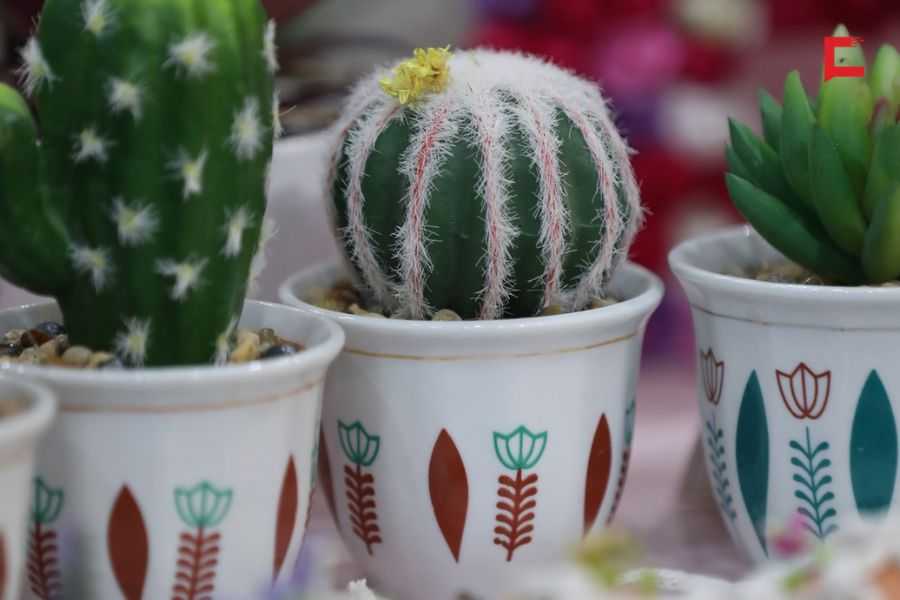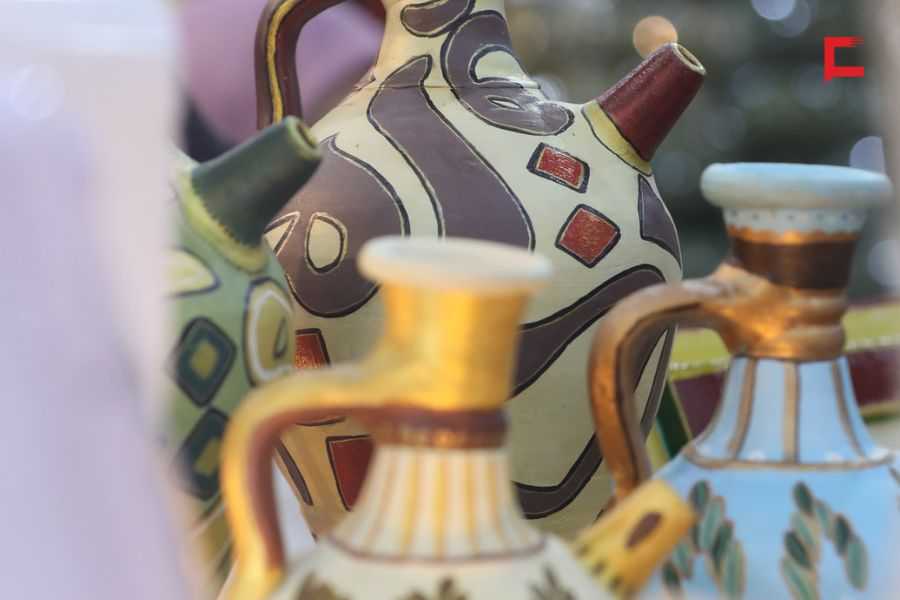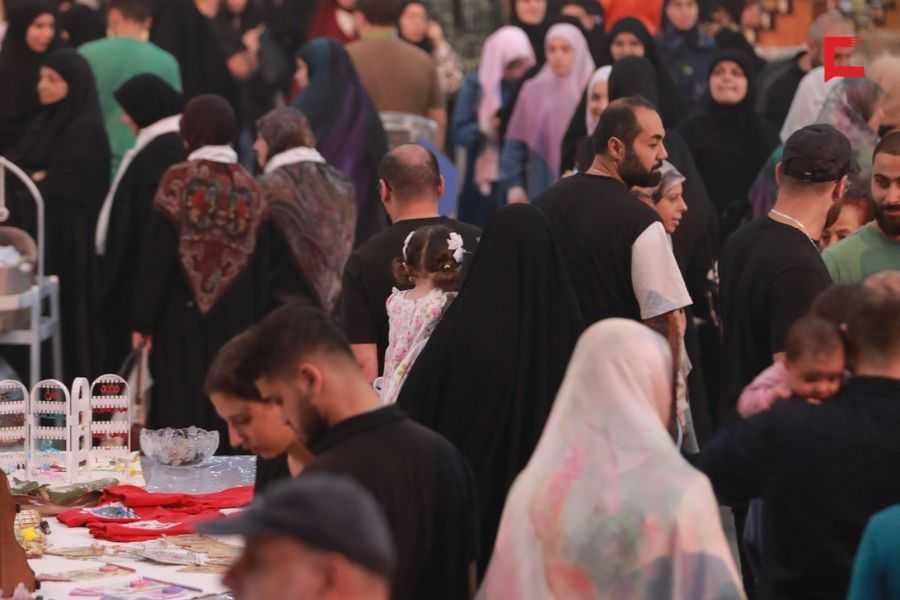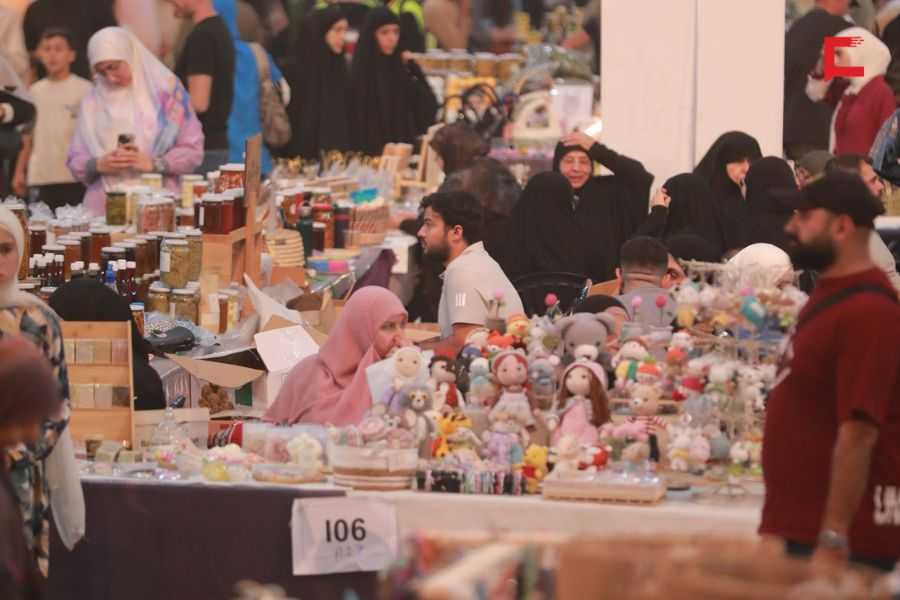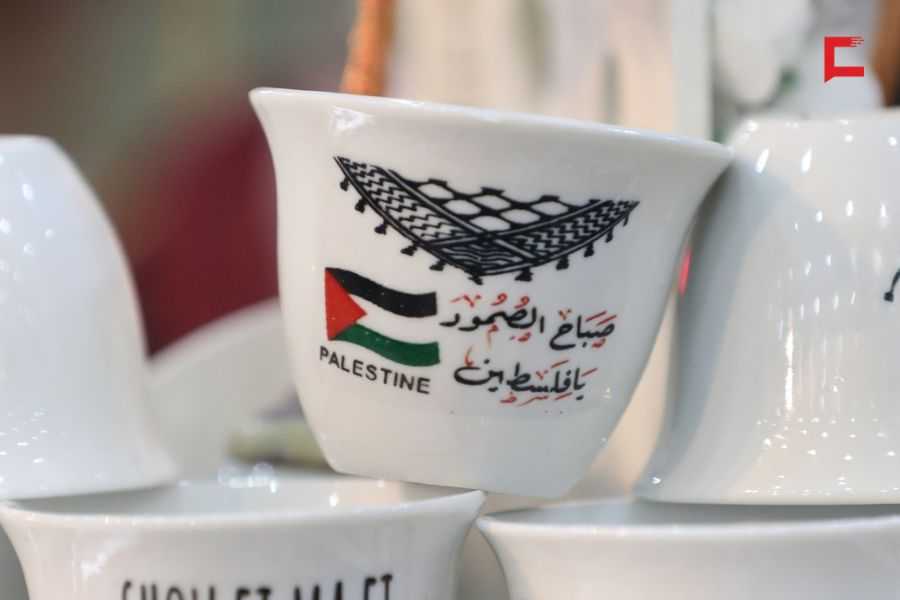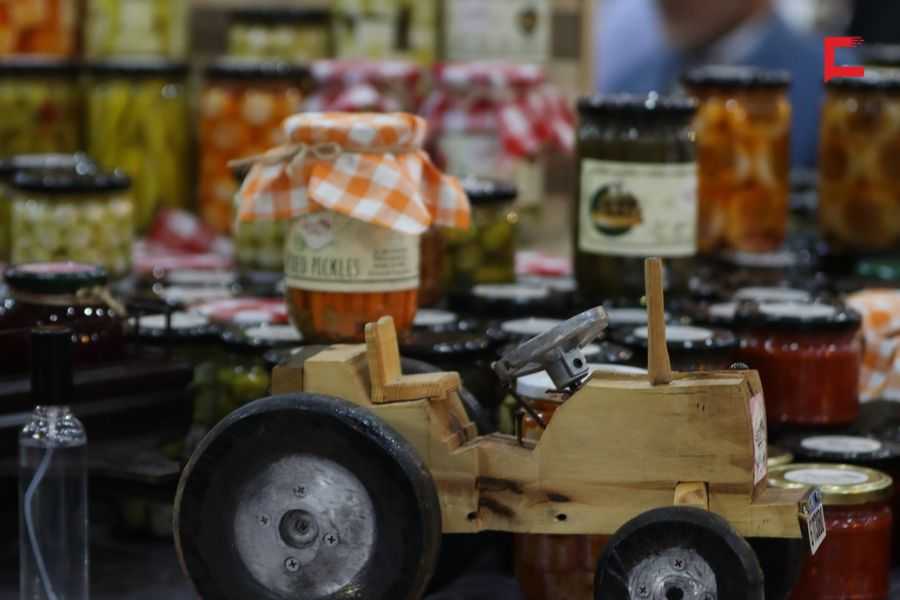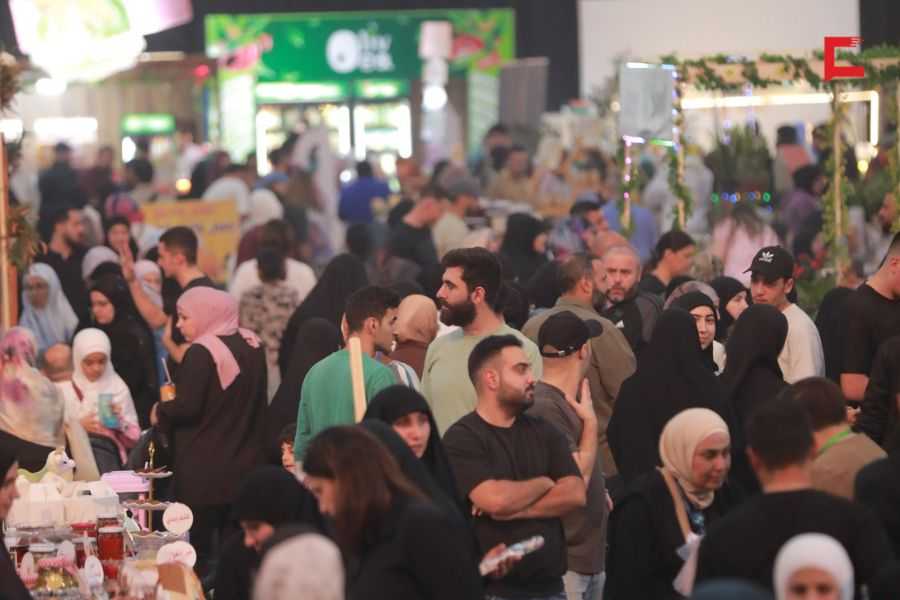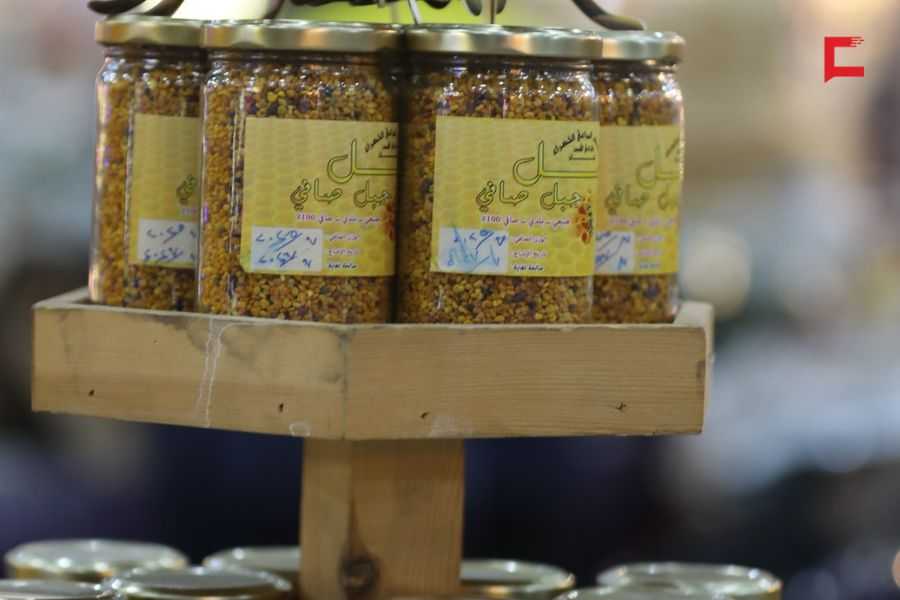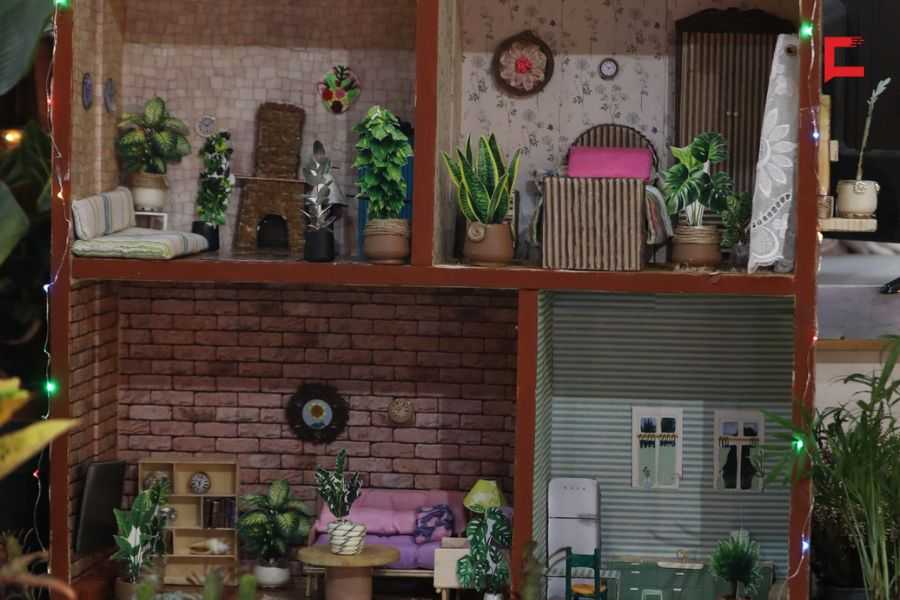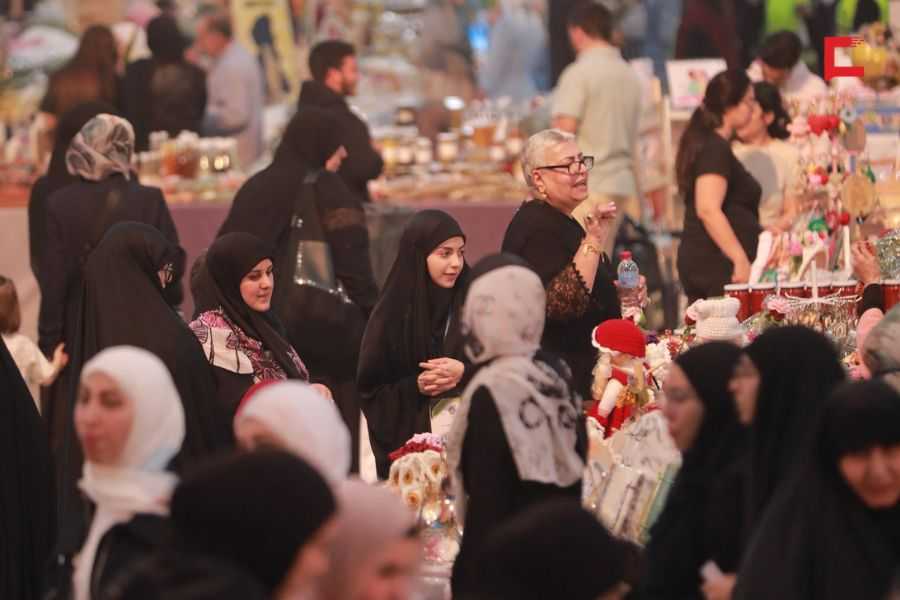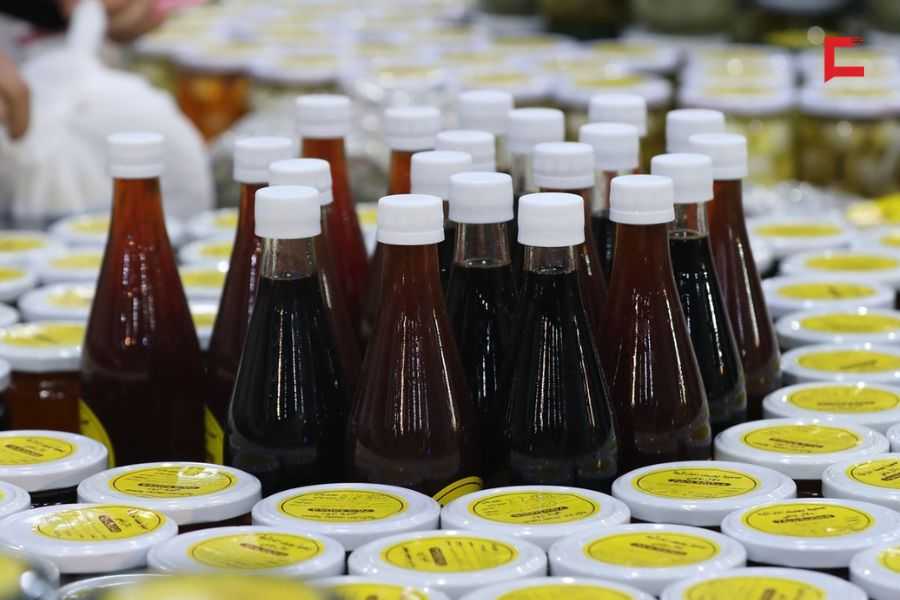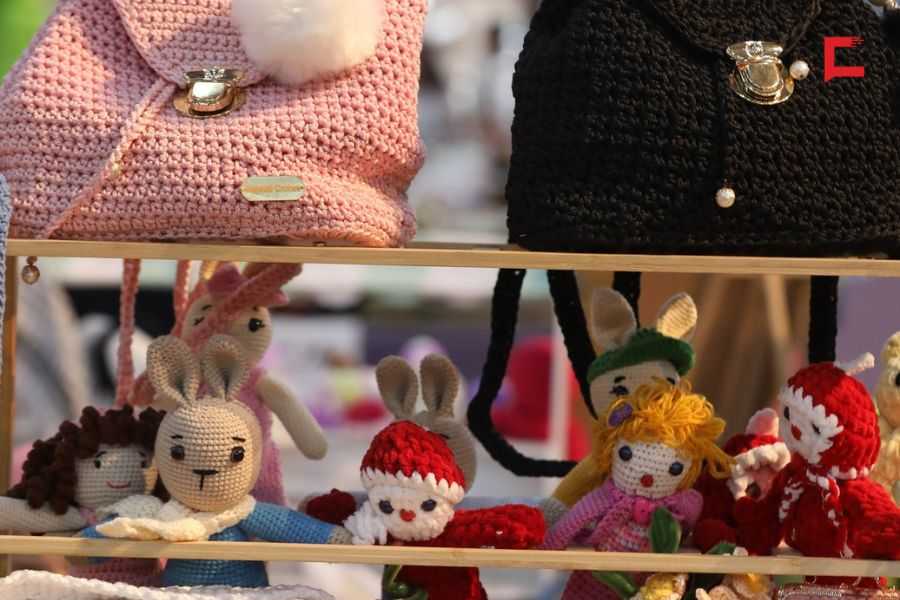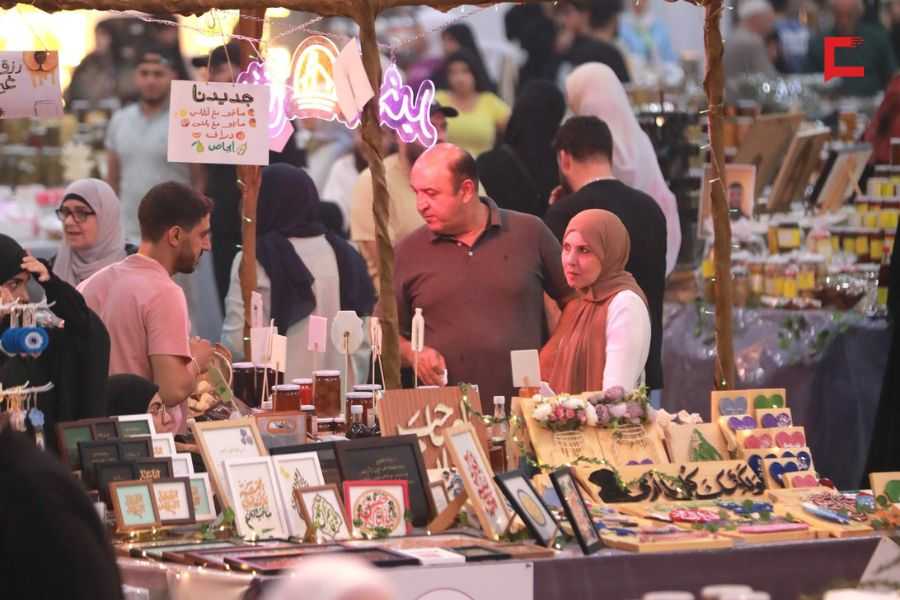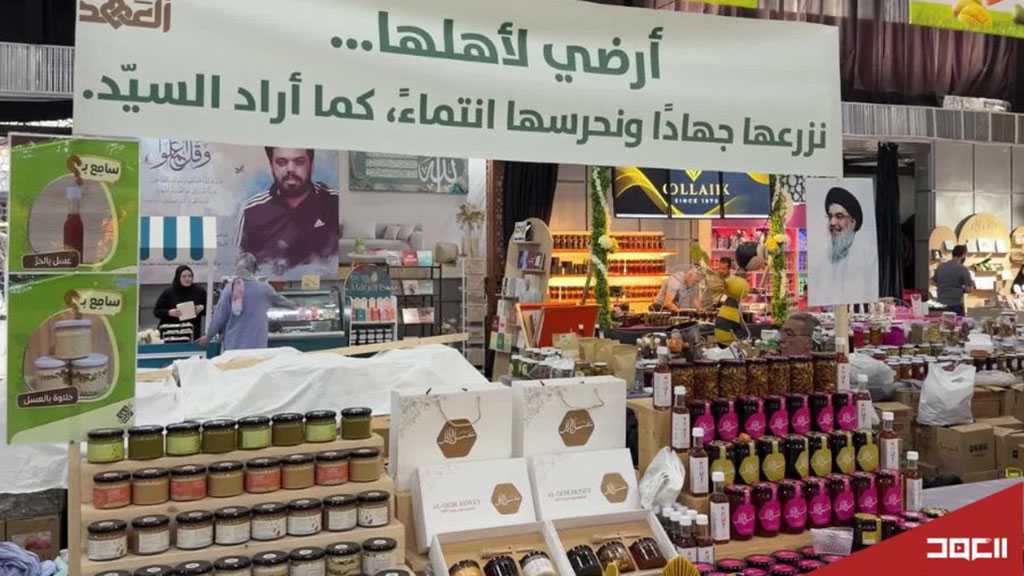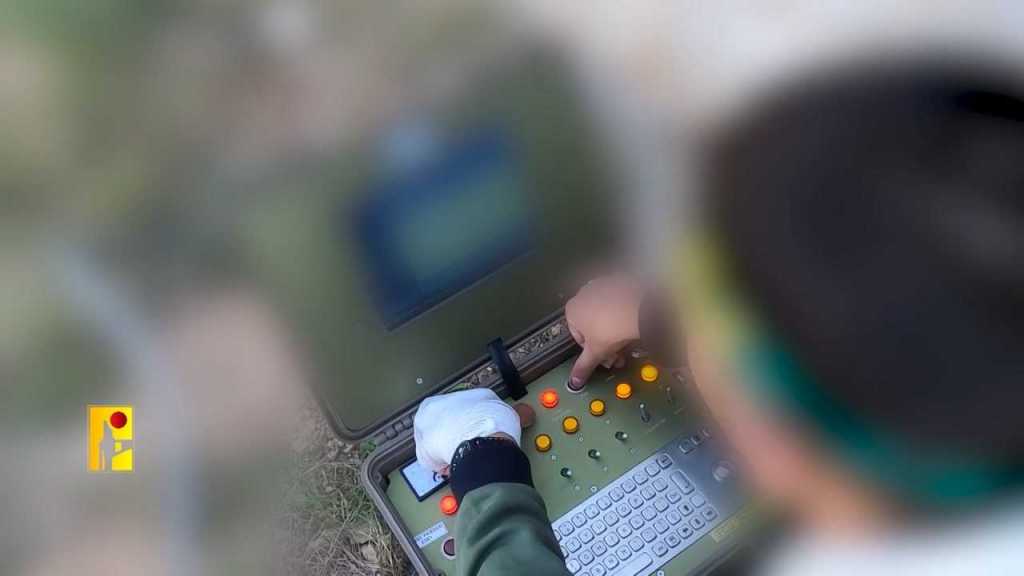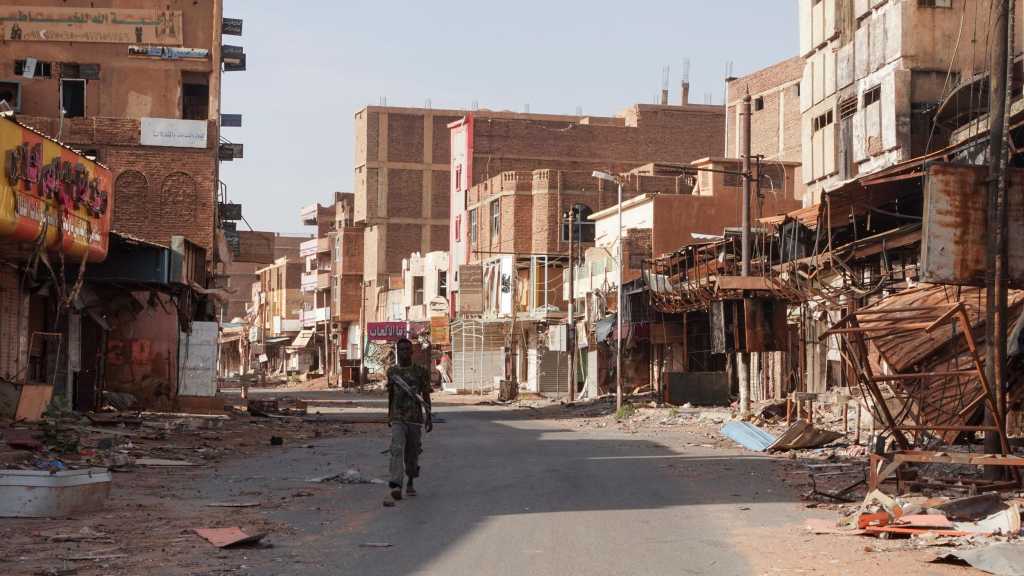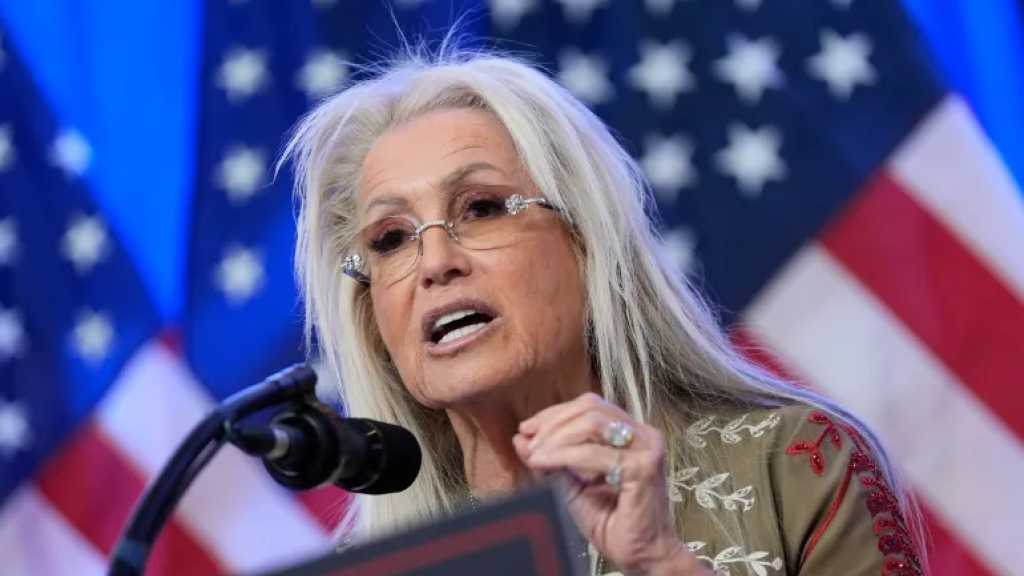“Souk Ardi” Returns: Economic Resilience in the Face of War
By Mostafa Awada
Lebanon – On Friday, October 31, 2025, the “Souk Ardi” exhibition for homemade goods, agricultural products, and handicrafts opened at the Sayyid al-Shuhada Complex in Beirut’s southern suburb. The event witnessed wide participation from exhibitors, artisans, and local producers from various Lebanese regions, particularly the South and the Beqaa.
After a two-year hiatus caused by the war, the exhibition serves as a vital economic, developmental and social platform in the face of the hardships endured by the Lebanese people — especially those from areas directly affected by the aggression.
Minister Haidar: A Spirit of Resilience Amid Economic War
Despite his busy schedule, Minister of Labor Dr. Mohammad Haidar visited the exhibition to take part in its opening-day activities. In a statement to Al-Ahed News, Haidar affirmed that holding the “Souk Ardi” exhibition at this stage reflects the Lebanese people’s will to live and their steadfastness — particularly the resilience of those in regions that stood firm in the face of aggression.
The minister added that “this exhibition is not merely a showcase of food and handicraft products, but rather a source of livelihood for hundreds of families who earn their sustenance through their own hands.” He stressed that “dignified and productive work is, in itself, a form of resistance against the economic war being waged on our country.”
Haidar went on to emphasize that “the Ministry of Labor supports such initiatives, as they create real opportunities within the local economy and strengthen the spirit of self-reliance in villages and towns.” He further noted that “the success of exhibitors, despite the difficult circumstances, proves that when Lebanese citizens are provided with a safe and supportive environment, they are capable of creativity and resilience.”
Zaiter: An Economic and Social Challenge to Aggression
For his part, the exhibition’s director, Dr. Ali Zaiter, affirmed that holding the event under such circumstances “is, in itself, an achievement and a major challenge to the Zionist enemy.” He explained that “around 50% of the exhibitors come from the South, particularly from front-line areas and those south of the Litani River,” noting that this makes the exhibition “a developmental, economic and social challenge to an enemy that seeks to destroy the land and eradicate both harvest and offspring.”
Zaiter added that exhibitors from the South and the Beqaa make up “around 80% of total participants,” reflecting their determination, patience and steadfastness in the face of aggression. He described “production, sales, marketing and participation in the exhibition as forms of jihad that complement the military and security struggle waged by the resistance fighters during the Battle of the Mighty [Uli al-Baas Battle].”
Regarding participation this year, Zaiter stated that “there has been an increase of between 15% and 20% compared to previous years — whether in the number of exhibitors, the volume of displayed goods, or their quality.” He praised “the high creative value and superior quality of the food and handicraft products, particularly traditional preserves such as thyme, makdous, kishk, jams, honey and others.”
Zaiter concluded by expressing his gratitude to Al-Ahed News, affirming that “this exhibition represents yet another challenge in the face of aggression, and a message that the environment of the resistance is alive, steadfast, and devoted to struggle. Just as it stood with the fighters in times of war, it will stand with them in peace to build a dignified and just life.”
Al-Khansa: Development as an Act of Resistance
The Director General of Jihad Al-Binaa Development Association, Dr. Mohammad Al-Khansa, stated that “holding the ‘Souk Ardi’ exhibition this year once again reaffirms that the path of development and production in Lebanon does not stop — no matter how severe the pressures and wars become.”
Speaking to Al-Ahed News, al-Khansa explained that “through its sponsorship and support of this exhibition, Jihad al-Binaa seeks to strengthen the resistance economy based on local production, while providing opportunities for productive families, artisans and farmers to market their goods and remain rooted in their land.”
He added that “the exhibition serves as a genuine platform to showcase the fruits of steadfastness in the South, the Beqaa, and all Lebanese regions — a clear message that the environment of the resistance is alive and dynamic: it builds as it fights, and it cultivates as it endures.”
Al-Khansa concluded by stressing that “our people’s will to live is stronger than aggression, and what we witness today in terms of creativity and local production is a natural extension of the culture of jihad and construction — a culture that confronts both occupation and deprivation simultaneously.”
Diversity of Exhibitors and Participants
The exhibition brought together hundreds of participants from across Lebanon, including agricultural cooperatives, development associations, youth initiatives, as well as independent artisans and rural entrepreneurs who showcased unique models of local production infused with creativity and craftsmanship.
The booths were distributed across dozens of sections reflecting the diversity of Lebanon’s environment and the richness of its resources. Under one roof converged the aroma of the South with its thyme and olive oil, the sweetness of the Beqaa with its jams, kishk and grape molasses, the charm of the North with its woodwork and metal crafts, and the innovation of Mount Lebanon with its modern food industries and handmade creations.
The exhibits ranged from traditional homemade preserves such as makdous, kishk, jams, thyme, honey and grape molasses, to fresh agricultural products including organic vegetables and fruits, medicinal herbs, and essential oils. They also featured modern food industries built on innovation and local value addition through smart packaging and direct marketing.
A special section was dedicated to eco-friendly preserves and organic products free of industrial additives — reflecting growing awareness among producers and consumers alike of the importance of clean agriculture and healthy eating.
Artisans and Folk Artists: A Touch of Heritage
The booths of artisans and folk artists added a distinctive traditional touch to the exhibition’s corridors, as participants showcased handcrafted works in wood, copper, pottery, textiles, traditional soap and mosaic — all reflecting the cultural memory and rural identity of Lebanon.
Particularly notable was the presence of young artisans who blended authenticity with innovation, presenting contemporary designs made from local materials and transforming heritage into products ready for development and export.
Also noteworthy was the strong participation of women working within rural cooperatives, who made up a large share of the exhibitors. They presented high-quality products that embodied women’s essential role in resilience and production.
Many of these women were experiencing home-based manufacturing and direct marketing for the first time, making the exhibition a platform for empowerment and an opportunity that opened doors to hope and sustainable livelihoods.
Visitors praised the exhibition’s outstanding organization, the diversity of its sections and the ease of interaction with producers — all within an atmosphere of social engagement and cultural exchange.
Exhibitors noted that participation in the “Souk Ardi” exhibition provides them with a genuine marketing outlet and an opportunity to build direct relationships with the public — away from intermediaries, market obstacles and rising operational costs.
While several participants emphasized that the exhibition “is not limited to commercial exchange but serves as a national meeting point that unites the different parts of Lebanon along a shared path of production and giving,” others said that “the market has become an annual space eagerly anticipated by farmers and artisans to renew their presence and reaffirm their ability to produce despite all crises.”
Attendees unanimously agreed that this productive space “demonstrates the resistance community’s ability to transform patience into action and wounds into productive energy,” viewing the exhibition’s success amid harsh economic and security conditions as “living proof of the Lebanese people’s will to live, create, and build their future with their own hands.”

